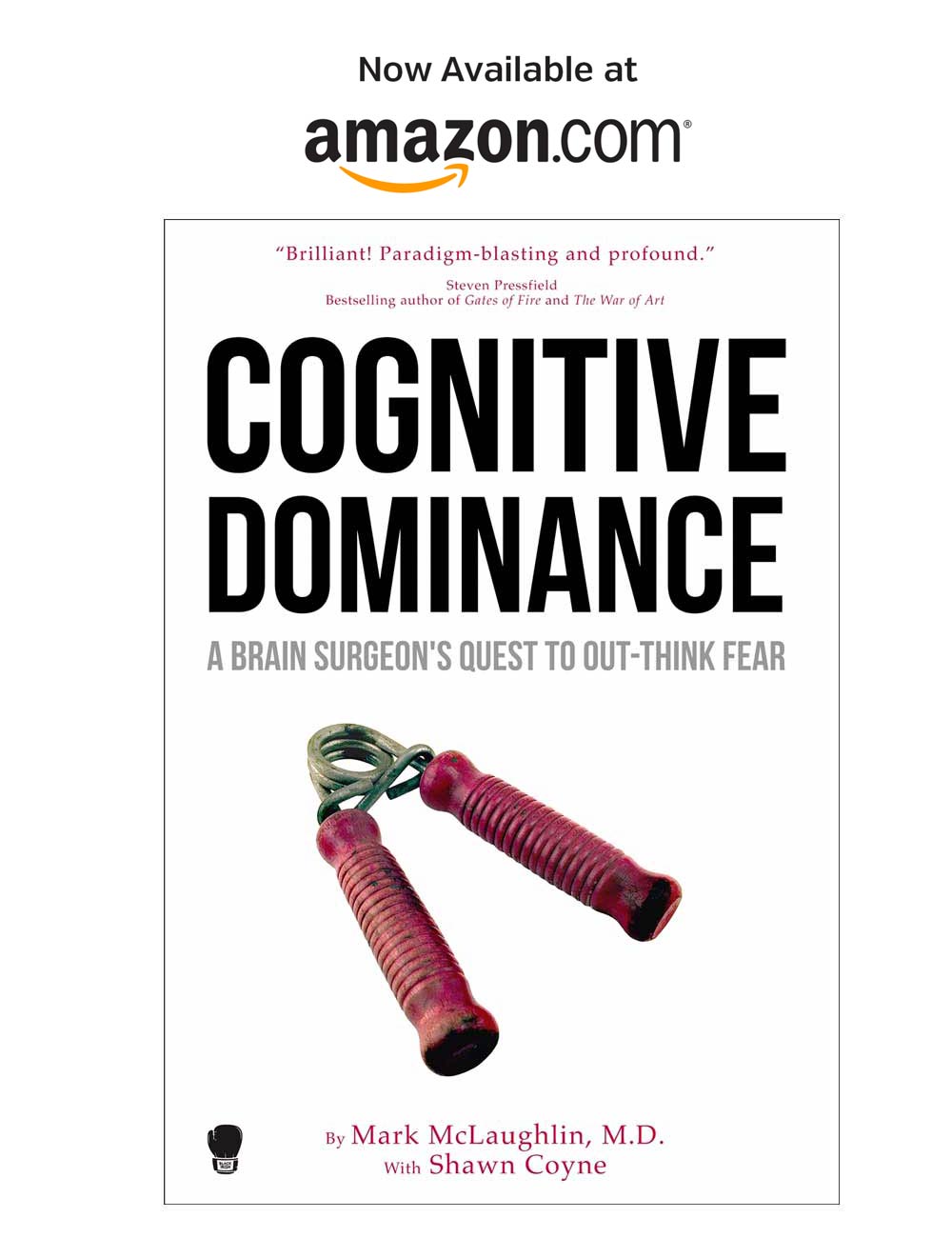5 Lessons I Re-learned Courtesy of Ryan Lochte

“Memory is more of a self-serving dynamic revision machine: you remember the last time you remembered the event, and without realizing it, change the story at every subsequent remembrance.”
Nassim Nicholas Talib
I’m pretty sure that after the dust settles, Ryan Lochte will be fine. Sure, he tarnished his reputation in action and words, but ultimately he fessed up to his big fish story. His mistake will cost him many millions of dollars.
I can’t fully explain why, but I have been deeply intrigued by this event and found myself anxiously drinking up news developments as this puzzle unfolded.
I suppose it’s my interest in human performance that fueled the fascination. It was captivating to see how this 32-year-old, 12-time medalist could make such a stupid mistake and then proceed with making several more before admitting his misbehavior and his lie.
From my vantage, five lessons can be gleaned from this event.
First, a disclaimer: I know these lessons because I have violated each of them at one time or another in my life. I have no corner on the market of honesty or integrity. Whenever humans are involved, mistakes will happen. I’ve had my share.
It serves to revisit these lessons. I write this on a warm summer Saturday afternoon in the hopes I can save one of my students, or wrestlers, or friends, or colleagues, or children, or even a total stranger from making these preventable blunders.
Lochte’s Lapse Lessons
- Don’t lie. It’s that simple. This doesn’t need an explanation. Perhaps it was said best in 1951 by Bertrand Russell as his 9th Commandment: “Be scrupulously truthful even if the truth is inconvenient, for it is more inconvenient when you try to conceal it.”
- Do the right thing even if you don’t think anyone is watching. In this day and age there’s almost always a witness, often with a camera that is likely recording your every action in a public place. But even if there isn’t anyone watching, ACT as if there were. Here’s an interesting study about regulating one’s behavior that is instructive in this situation. It’s about the mirror and the Halloween candy and it’s ’s an experiment that I share with my wrestlers about self-awareness. In the study it was shown that trick or treaters were more likely to take one candy on the honor system when there was a mirror in view compared to when there was no mirror. It seems that if we see an image of ourselves when we are conducting an action, we are more likely to behave honorably. The lesson is that when one acts, act as if we are watching ourselves, and we are more likely to act honorably. The great philosopher and psychologist Viktor Frankl stated this outcome in a different, more profound way in his magnum opus, Man’s Search for Meaning : “So live as if you were living already for the second time and as if you had acted the first time as wrongly as you are about to act now!”
- “When you are really sad you sometimes do stupid things, AND when you are really happy you also sometimes do stupid things.” I can’t find the credit for this. I thought it was PJ Carlisimo, but can’t verify it. Anyway it’s true! Undoubtedly Lochte was happy, probably intensely happy. He won three more medals at this Olympics and surely had amplified his brand and solidified his standing for swimming posterity. We can only imagine he was feeling the relief from the intense pressure of performing in the Olympics and was blowing off some steam. It’s funny but true that our human condition makes us succumb to sometimes profoundly stupid actions when we are happy.
- “Nothing good ever happens after 2AM.” Older Ted, on “How I Met Your Mother,” tells his kids that his grandma used to tell him that. Many others have said it, too. And I want to credit Al Platt, my first college wrestling coach at William and Mary, for passing this lesson on to me.
- “Be silent, for there is great danger that you may vomit up what you have just digested. “ The philosopher Epictetus stated this point in his work “Enchirdion.”
Early this morning I was briskly speed walking down the 5th floor corridor at Hunterdon Medical Center making Saturday morning rounds. I was hustling so that I could make it back for a tennis lesson at 11AM. For a brief moment I thought to myself, “Man, it would be great to be off like most people today rather than getting up at 6AM to get rounds done early to get to play tennis later.”
Then I thought to myself. Don’t wish that. Like Michael Phelps said after his silver medal finish. “THIS IS PERFECT… Just the way it is.” And it was. I was doing what I love to do, what I was born to do. I was caring for patients with my God-given skills. I have the privilege to be a doctor, heck, a neurosurgeon to boot. And I was doing my job. I felt an immense feeling of gratitude for my career, good health, living in a free country, and having a loving family.
In neurosurgery we see many people who lose everything in an instant. Some lose their spouse, their ability to walk or feed themselves, or they are told they have an inoperable brain tumor. In my career, daily, I see my patients’ lives change in an instant. And in Mr. Lochte’s case his did as well. He had the world at his fingertips: fame, fortune, success, popularity, and integrity. And then it all changed in an instant.
I hope he recovers from this event and becomes smarter. And if and when he does, I hope that perhaps he will look at himself and the world from a very different perspective.
